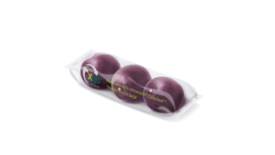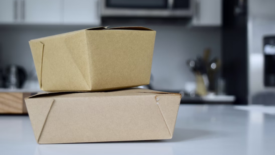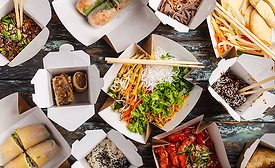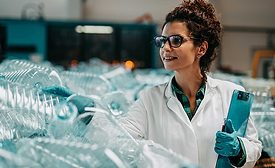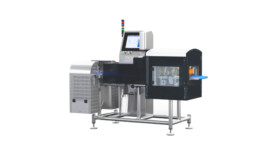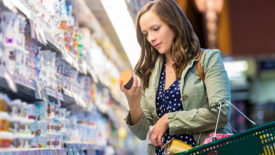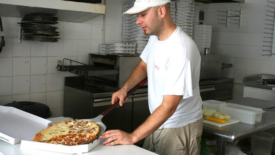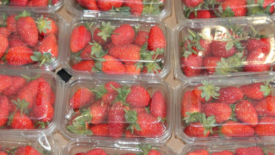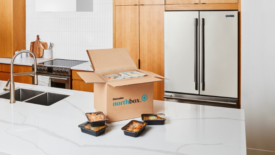Packaging
In Pursuit of Clean Packaging with No Chemicals of Concern
The food industry is just beginning to address PFAS derivatives as EPA has done, but it is making slow progress
December 11, 2022
Navigating U.S. Federal and State Regulation of PFAS in Applications Involving Food
PFAS restrictions and bans are not consistent, and determining compliance presents numerous challenges
October 11, 2022
When It Comes to Safe, Sustainable Packaging, What is Job No. 1?
The concept of food safety as the primary element in sustainable packaging decisions must logically flow through an organization from the top down
August 15, 2022
Never miss the latest news and trends driving the food safety industry
eNewsletter | Website | eMagazine
JOIN TODAY!Copyright ©2025. All Rights Reserved BNP Media.
Design, CMS, Hosting & Web Development :: ePublishing
